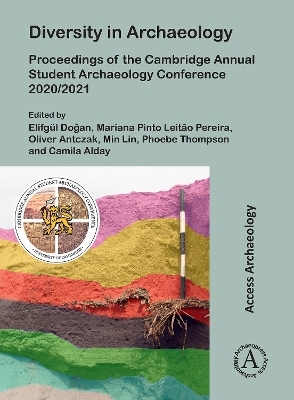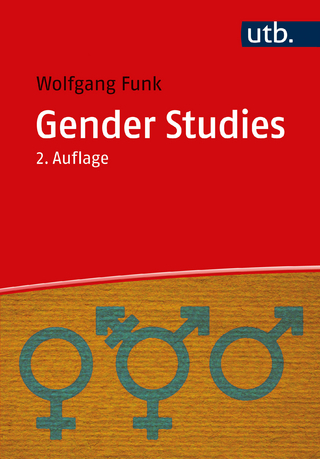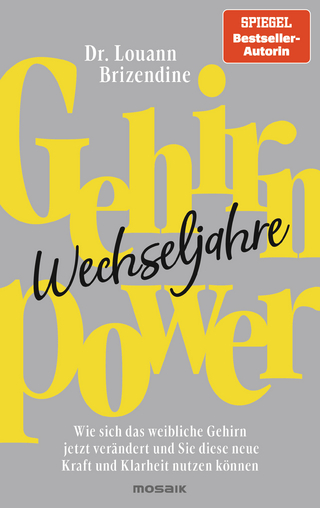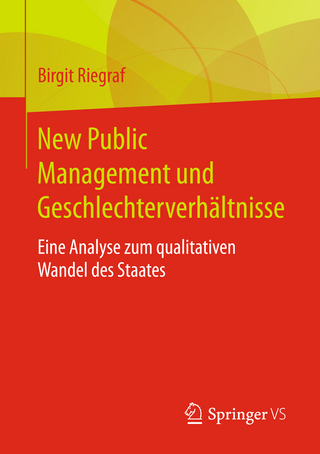
Diversity in Archaeology
Archaeopress Access Archaeology (Verlag)
978-1-80327-281-8 (ISBN)
Diversity in Archaeology is the result of the fourth Cambridge Annual Student Archaeology Conference (CASA 4), held virtually from January 14–17, 2021. CASA developed out of the Annual Student Archaeology Conference, first held in 2013, which was formed by students at Cambridge, Oxford, Durham and York. In 2017, Cambridge became the home of the conference and the name was changed accordingly. The conference was developed to give students (from undergraduate to PhD candidates) in archaeology and related fields the chance to present their research to a broad audience.
The theme for the 2020/2021 conference was Diversity in Archaeology which opened our conference to multiple interpretations, varied presentations and sundry perspectives from different regions of the world. This volume consists of 30 papers which were presented in 7 different sessions. The papers present a great variety in both geography and chronology and explore a wide range of topics such women’s voices in archaeological discourse; researching race and ethnicity across time; use of diversified science methods in Archaeology; critical ethnographic studies; diversity in the Archaeology of Death, heritage studies, archaeology of ‘scapes’ and more.
Elifgül Doğan is an archaeologist and a PhD candidate, specialising in museum studies and heritage management in the Department of Archaeology in Cambridge. Her PhD research focuses on the management of archaeological human remains collections in Turkish museums and investigates the ways in which the bodies of the ancient dead shape the public perceptions of national heritage and identity. Mariana Pinto Leitão Pereira is a PhD Candidate at the Cambridge Heritage Research Centre (University of Cambridge), researching how diaspora communities negotiate identity through cultural heritage. She is a member of ICOMOS Portugal and the Association of Critical Heritage Studies. Oliver Antczak is a Venezuelan and Polish PhD Student in the Department of Archaeology at the University of Cambridge. His research has focused on the relationship between heritage and identity and how it is impacted by different colonialisms. His area of research is the Southern Caribbean where he employs a comparative perspective between the islands of Trinidad, Margarita, and Bonaire. Min Lin is a PhD candidate in Archaeology at the University of Cambridge. Her PhD research focuses on Sino-Hellenic comparison with a sustained interest in gender issues and social development. She is currently looking at the construction of social identity in Early Iron Age Greek and Eastern Zhou Dynasty rich burials. Phoebe Thompson is a Classical Archaeologist, who has worked in Italy and Scotland. Her research primarily focuses on reconstructing past human-geology interaction, particularly within the context of cult activity and the creation of sacred space in the ancient Mediterranean. Phoebe's other research interests include geomythology, traditional environmental knowledge, geoarchaeology, geohazards, landscape archaeology, and settlement modelling. Camila Alday is an archaeologist specialised in bast fibres and weaving technologies of Pre-Columbian South America. In her doctoral research, Alday studied bast fibre materials to understand how the production of nets, looped bags, mats and other fibre materials underpinned maritime subsistence strategies during the Andean Preceramic Period (10,000 – 3,500 BP). She is also interested in understanding how containers - mostly made of plants, and basketry were critical material culture for past human societies.
| Erscheinungsdatum | 28.09.2022 |
|---|---|
| Zusatzinfo | 163 figures, 12 tables (colour throughout) |
| Sprache | englisch |
| Maße | 203 x 276 mm |
| Gewicht | 1322 g |
| Themenwelt | Geisteswissenschaften ► Archäologie |
| Sozialwissenschaften ► Ethnologie | |
| Sozialwissenschaften ► Soziologie ► Gender Studies | |
| ISBN-10 | 1-80327-281-3 / 1803272813 |
| ISBN-13 | 978-1-80327-281-8 / 9781803272818 |
| Zustand | Neuware |
| Haben Sie eine Frage zum Produkt? |
aus dem Bereich


